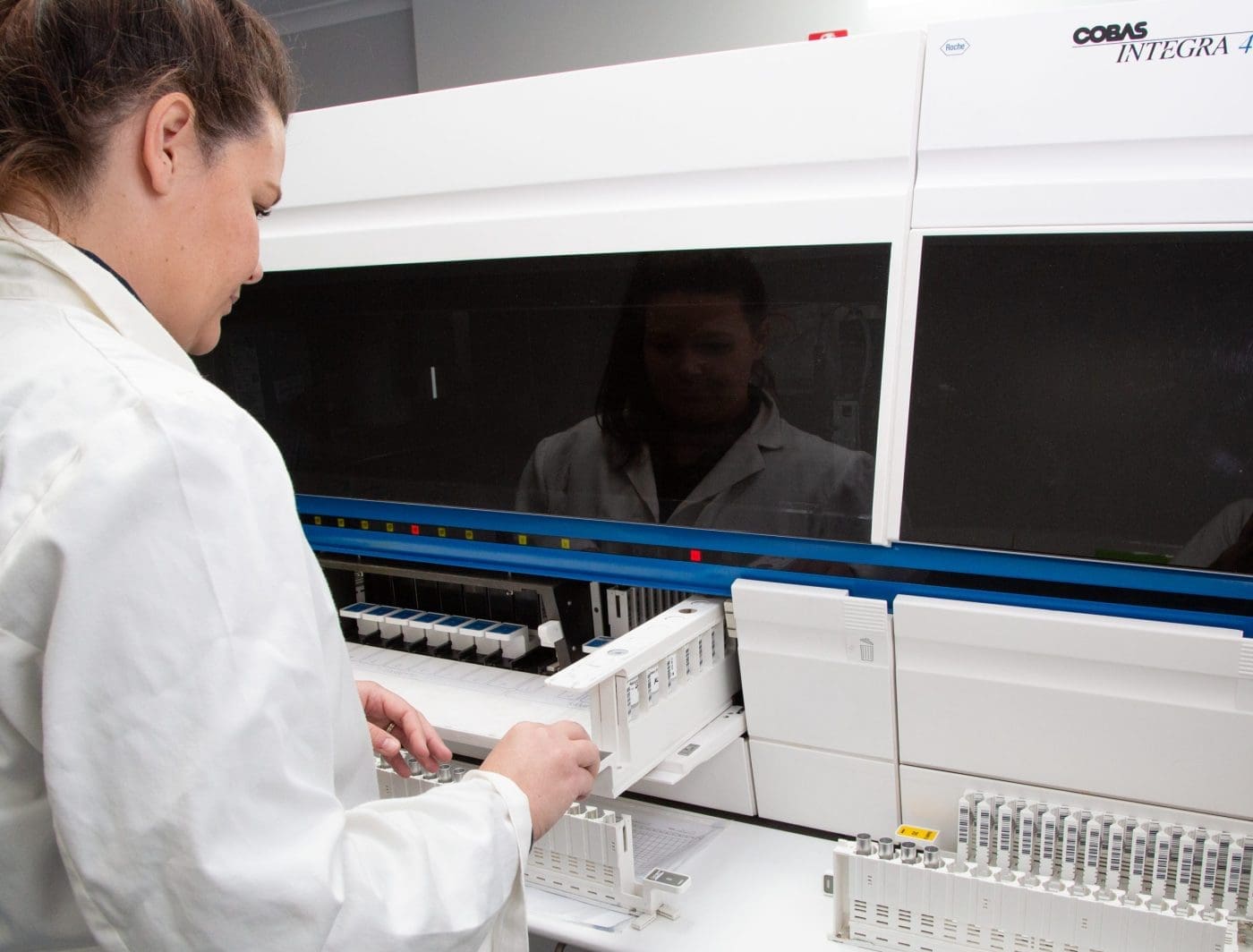MEAT & Livestock Australia has recently funded a project to produce and test mRNA vaccines that can be rapidly mass produced in Australia in the event of a lumpy skin disease or other exotic disease outbreak.
Here, MLA’s Program Manager for Animal Wellbeing, Michael Laurence explains more about this project and what it will deliver.
“This project will develop a mRNA vaccine pipeline initially for LSD, but potentially for other emergency diseases,” Michael said.
“This will enable capacity for rapid mass production of a vaccine for LSD in the event of an outbreak.
“No LSD vaccines are registered for use in Australia yet. While some killed vaccines exist overseas, the path to registration in Australia for traditionally-produced is longer than that of an mRNA vaccine.”
It took just a few months to make the vaccine constructs which is a very short timeline compared to traditional vaccine development.
“The LSD vaccine construct is now being tested for efficacy in animals. By the end of this year, we will know if this vaccine will work in ruminants,” Michael said.
The role of mRNA-based vaccines
Australia faces increasing biosecurity threats to its animal populations which have far reaching economic, social and animal welfare impacts. Next-generation (mRNA-based) vaccine technologies may provide a game-changing approach to emergency disease preparedness.
“If properly harnessed, this technology could be used as one of the effective tools in a rapid response to outbreaks – enabling eradication and return to disease freedom status,” Michael said.
“Live vaccines cannot be imported to Australia. The establishment of the capacity to produce a vaccine for LSD is the priority that will provide the Australian cattle and other ruminant industries with insurance against an imminent biosecurity threat that would have far reaching trade, animal health and economic implications.”
Predicted high vaccine efficacy provides a realistic pathway to the management and control of an LSD outbreak in Australia.
“Further, the nature of mRNA vaccines enables the development of laboratory tests to distinguish the immune response in vaccinated animals from natural infection. Success of this project might provide a pilot vaccine suitable for use in Australia in less than two years,” Michael said.
Further investment in the pipeline
The establishment of an mRNA production capability and development of an LSD vaccine will be the initial flagship, stand-alone project within a larger program: Adoption of RNA technology to rapidly produce vaccines for emergency animal disease.
“The larger program unites a network of expertise to bring the advantages of next-generation vaccine technologies to the livestock industries and potentially provide a game-changing solution to enhance biosecurity in Australia,” Michael said.
“The program includes mRNA vaccine development for the two main strains of foot-and-mouth disease as well as exotic Bovine pestivirus and Border disease in sheep. Updates on this project will be provided as it advances.”
The proposed over-arching five-year program will secure licenced mRNA vaccine technology and activate an independent livestock vaccine development and production pathway based on newly established scientific capacity and infrastructure. This will ultimately result in the stored vaccine constructs produced from this project to respond quickly to incursion of multiple diseases through rapid production of vaccines.
Source:MLA


As organic products are traditionally been devoid of pesticides and GMO (mRNA vaccine is a GMO), does that mean that organic beef/lamb/chicken will remain free of mRNA-treated animals or not? thanks for clarifying. Catherine
I won’t be rushing into anything with mRNA attached to vaccine development for my livestock and I would predict that many beef consumers would feel the same wsy.
Second thought..
What if our farm industry funds were spent on real research (not a drug company) into solving the diseases called LSD and FMD. Vaccines are a bandaid and not a solution. How about we send some researchers to Indonesia to undertake a 6-12 month water quality and nutritional trial with animals affected with these diseases. Lets find out what environmental factors etc are the predisposing cause of animals being affected by these diseases. Yes, real research that I would gladly see my producer levies being spent on. Please please get some common sense into this discussion.
It is astonishing how much ignorance one can pack into a short comment. Vaccines a band-aid? Let’s ignore the fact that Smallpox was eradicated largely through a concerted global vaccination campaign. Neither FMD nor LSD is a newly discovered disease – we know enough about them to know that prevention through vaccination is the surest defence. But, we don’t have a vaccine considered safe enough for use in Australia against LSD. New technology can fill that gap. The FMD virus is constantly changing, which demands a totally different vaccination approach.
It is so disappointing to see professionals being critical of concerned producers who are actually solving problems in the industry. It may be time to rethink the way biosecurity is managed in Australia – Firstly, animals do not contract a disease because they lack a drug in their system. Vaccines are a band-aid that does not solve the problem as they are a short term fix.
Question 1 – Does every animal catch a disease when there is an outbreak? No, only susceptible animals contract any disease.
Question 2 – What makes certain animals susceptible? Nutrition, Breeding, hereditary, age, environment etc.
Disease susceptibility is a symptom of nutrition and environment. This includes water quality, food quality, plants etc.
So, in regards to LSD, its time to send nutritional and environmental scientists to assess affected animals in their environment and develop a model to assess which specific factors lead to animals being affected.
And once understood, there may be no need for any vaccine related intervention for LSD.